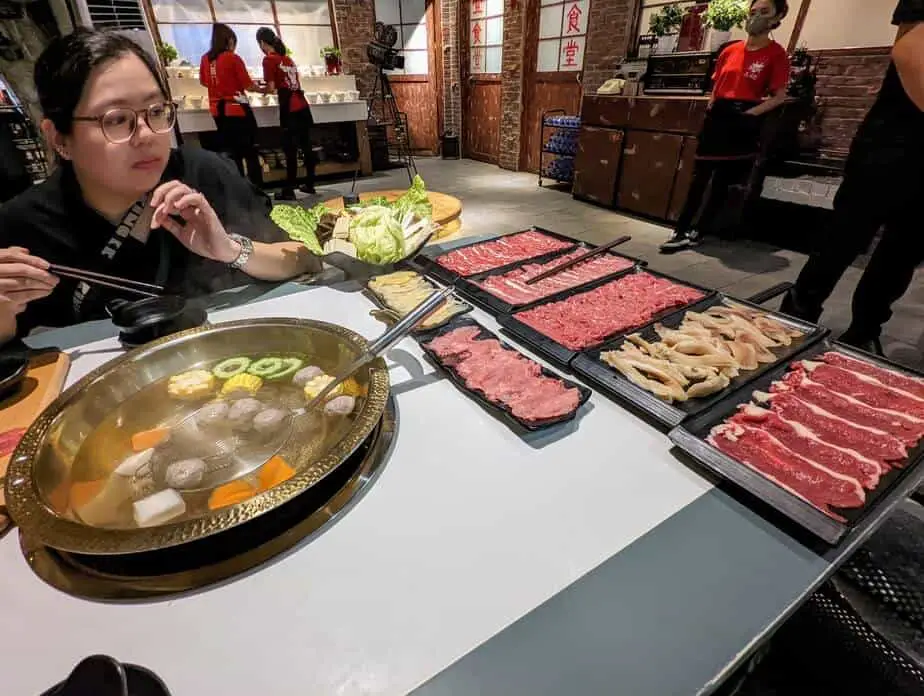Many decisions we make in life impact us financially. They do not seem like it, but choosing to make your own coffee or the people you surround yourself with will have its costs and benefits to your finances. Want more examples? Keeping yourself healthy is another. Medicines and hospital bills are expensive. It is more cost-effective to exercise, get enough rest, and eat the right foods. But you will never know the effects of your decisions unless you apply proper financial management.
Overall, financial management is the basis of financial decisions. It calculates the costs and analyzes the risks involved in various opportunities to ensure sound judgment. Starting a business, buying a car, and owning a house are examples of decisions that require validation from financial management data.
This article intends to help you make better financial decisions through financial management. Read on to:
- see the 28 examples of life decisions that will impact your finances
- be aware of how financial management helps in decision-making
- know the most important financial decision
Disclaimer: The content of this post is based on the author’s opinions. It is not written to give professional advice.

Wow Cow, Bonifacio Global City, Taguig, Philippines.
28 examples of financial decisions
As mentioned earlier in this post, many of our life choices are also financial decisions. Here are 28 examples:
- Starting/closing a business.
- Buying a car.
- Owning (or renting) a house.
- Marriage.
- Having children.
- The school of our children.
- Travel.
- Investing.
- Saving.
- Applying for/resigning from a job.
- Managing stress.
- Retirement.
- Getting insurance.
- Borrowing money.
- Using credit cards.
- Paying off debts.
- Estate planning.
- Giving.
- Paying bills on time.
- Having a budget.
- Tracking expenses.
- Eliminating liabilities.
- Learning about money.
- The neighborhood you live in.
- Make your own coffee.
- Eating healthy.
- Exercise.
- The people you surround yourself with.


How Does Financial Management Help In Decision-Making?
Financial management is the practice of taking control of money. It involves creating a budget, tracking your spending, and finding ways to improve your income. In these activities, you can calculate and analyze situations most advantageous to you. It shows you your limit, tells you what you need to cut back to save money, and helps you see where you need to focus your efforts more.
It shows you your limit.
Knowing your limit is key to making sound decisions. Many avoid the word “limit” because it denotes a lack of freedom. People want to “feel” free that they intentionally ignore the reality of their limitations. This is poor management. Because the fact is we can’t always get everything we want. And that’s okay. Embracing the truth about our limitations will make us shrewd. It allows us to appreciate and make the most of what we already have.
A passage in the Bible that hits this home is Psalm 90:12:
So teach us to number our days so that we may get a heart of wisdom.
The current average life expectancy for us humans is 70 years. If we translate it into days, that’s around 25,550 days. We will spend about 8,500 of those days sleeping. Roughly 7,300 to infanthood, childhood, and elderhood. And approximately 4,250 to our daily activities like eating, bathing, brushing, commuting, and sitting on the toilet. All in all, we only have around 5,450 days or 15 years to really make a difference with our lives. How do you plan to spend the little amount of time we have?
The same idea applies to our finances. One quick way to do this is to write how much you make each month on a piece of paper. That’s your limit. Base your financial decisions on that limitation.
It tells you what you need to stop.
I also did the exercise when I got into a terrible financial situation five years ago. I highly recommend you to follow this post to get deeper into financial management: Assets and Liabilities. It was the time when I rebuilt my cash flow since I found my outflow was immensely above my inflow. Managing your money includes tracking your income and expenses. By doing so, you will be able to determine what expenditures you need to cut back to prevent you from getting into debt. Here is a list of the 17 things you may need to stop today to help improve your financial well-being:
- Subscribing to streaming services (like Netflix, NBA League Pass, Disney+, etc.)
- Using credit cards and paying only the minimum.
- Getting insurance that you are not sure why you are buying in the first place.
- Signing up for gym memberships you do not use.
- Not minding bank charges and service fees.
- Binge eating.
- Smoking.
- Drinking alcoholic and sugary beverages.
- Junk food.
- Borrowing money.
- Buying appliances you do not need.
- Not following your car’s maintenance schedule.
- Investing in things you do not understand.
- Traveling too much.
- Spending on depreciating assets like cars.
- Keeping up with the latest devices.
- Purchasing coffee from coffee shops. (Make yours at home instead)
It helps you focus on what works.
Besides knowing what to stop, financial management can also show you what’s working for you financially. Are you familiar with the Pareto Principle? It is otherwise known as the 80/20 rule. In a nutshell, the Pareto Principle means 80% of our results come from 20% of our efforts. Here are a few examples to make this concept clearer:
- 80% of revenue is from 20% of your customers.
- 80% of your knowledge is from 20% of the books you’ve read.
- 80% of sales come from 20% of your products.
- 80% of passive income is from 20% of your investments.
- 80% of the visitors to your website come from 20% of your content.
But the reverse is also true:
- 20% of your clothes are worn 80% of the time.
- 20% of your life issues cause 80% of your stress.
- 20% of ideas give you 80% of your success.
- 20% of your monthly expenses cover 80% of your needs.
- 20% of what you do provides 80% of your satisfaction.
You get the point. As you manage your money, you will be able to see the 20% that contributes 80% to your finances. Once you find it, focus more of your time and effort there while you give the extra to the other aspects. Below are 9 ideas you can focus on right now:
- Eliminating a couple of your monthly expenses.
- Paying off your debts.
- Negotiating long-term debts.
- Building an emergency fund (Saving 6 months’ worth of your monthly overhead.)
- Selling belongings that you no longer need.
- Reading books on financial management.
- Investing in mutual funds.
- Simplifying your lifestyle.
- Learning how to make your own coffee.
If you like to learn more about the Pareto Principle, I strongly suggest you get the book: The 80/20 Principle by Richard Koch.

What is the most important financial decision?
Choose the ultimate over the immediate. Wealth building takes time. A lot of time. And along the way, you will be challenged to decide between what you want now and what you want the most. In a sense, your financial destiny depends on your ability to delay gratification. In his book, Flipping Burgers to Flipping Millions, Bernard Kelly showed how little things can snowball into something significant over time. He got the idea initially from another book by David Bach entitled the Latte Factor.
Let’s say you chose to make your own coffee instead of buying from a cafe. This decision would save you $3 (Php 168) a day. Now let’s do the math. $3 a day is $21 a week, or $90 a month. If you invested that amount at a rate of 10 percent annually, this is what it could grow into (estimated):
- Year 1 = $1,131 (Php 63,336)
- Year 2 = $2,380 (Php 133,280)
- Year 5 = $6,969 (Php 390,264)
- Year 10 = $18,436 (Php 1,032,416)
- Year 15 = $37,302 (Php 2,088,912)
- Year 30 = $203,444 (Php 11,392,864)
- Year 40 = $569,167 (Php 31,873,352)
Do you see the potential of $3 a day? What if you also chose to buy a new phone every five years instead of every year? What if you walk or ride the bicycle to work rather than drive a car? Small sacrifices are like seeds planted that could one day become a fruit-bearing tree. Again, choose the ultimate over the immediate. So what can you start doing today? Here is a challenge for you based on the book:
- Easy = Save and invest 10% of your income for eight years.
- Normal = Save and invest 20% of your income for ten years.
- Hard = Save and invest 50% of your income for eight years. Or Live on $1,430 (Php 80,080) a month. Save and invest everything that’s left for eight years. Select which option saves you more money.
- Note: Invest in funds that yield approximately 5 to 10 percent annually.
Then start enjoying the fruits of your labor after.
More From The Learning Dad Blog
- Why Is Financial Management Important To All Managers?
- Is Financial Management A Skill? (What To Teach Our Kids)
- What Does Financial Planning Include?
- What Are Wealth Management Products?
- Why Is Financial Planning Good?
Recommended Resources
- The 80/20 Principle by Richard Koch
- Flipping Burgers to Flipping Millions by Bernard Kelly
- The Latte Factor by David Back and John David Mann
